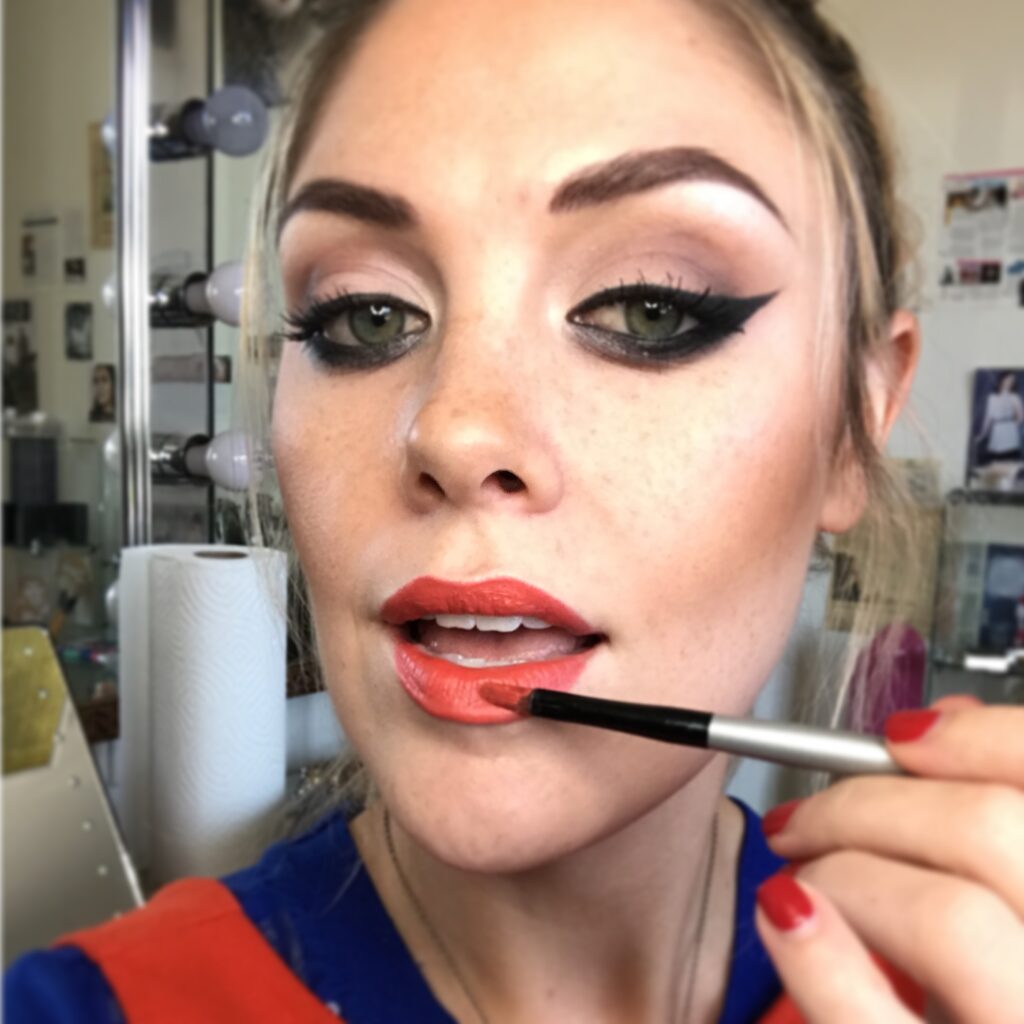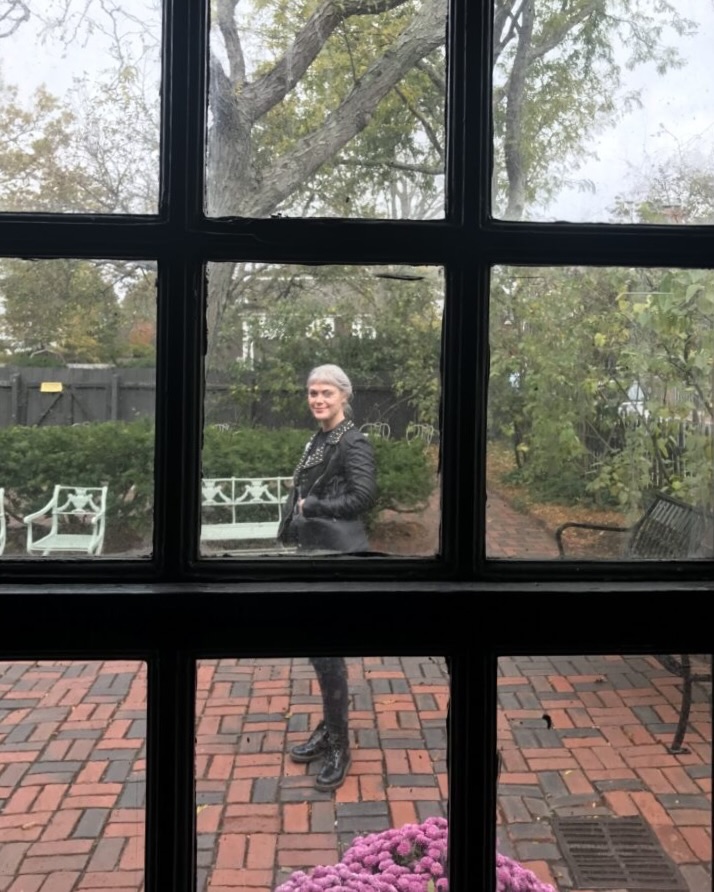Makeup can be more than a cosmetic—it can act as a form of emotional healing, much like art therapy. Just as painting allows individuals to process emotions through colors and brushstrokes, applying makeup can serve as a creative outlet for survivors of trauma. Both offer a sense of control, where the face becomes a canvas for self-expression and transformation.

For many, trauma can leave a feeling of disconnection from their identity. Makeup provides a way to regain that connection, helping survivors restore confidence and redefine how they see themselves. Similar to how art therapy allows people to work through feelings in a safe, non-verbal way, makeup offers a gentle way to reclaim power and reshape one’s narrative.
Beyond covering physical scars, makeup can be a tool for emotional healing. It’s not about hiding—it’s about rebuilding. The act of applying makeup can be soothing, offering a moment of calm, creativity, and focus, helping to center those who feel lost in their recovery.

Have you ever considered how something as simple as a makeup brush could offer a new beginning? What forms of self-expression help you feel more in control after difficult experiences?
